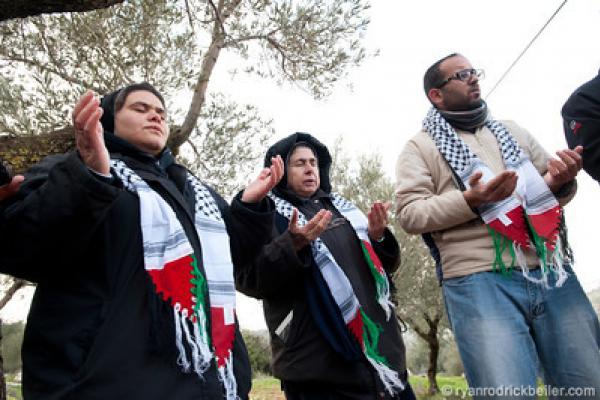Two weeks ago, the Israeli ambassador to the United States, Michael Oren, claimed in an article in The Wall Street Journal that the exodus of Palestinian Christians from the West Bank and Gaza is the fault of Palestinian Muslims. The article was full of inaccuracies and even lies, and Palestinian Christians responded with anger and disgust. The Wall Street Journal then featured some of these responses.
This is a serious issue for Palestinian Christians. We are not saying that radical Islam is not a threat. We are not denying that there are some struggles that we face as a minority. We are not denying that there are some incidences in which Christians were attacked by radical Muslims, like in the death of Rami Ayyad in Gaza.
What we are saying, is that for us, the real issue and the core of our struggles is the Israeli occupation.
Read the Full Article

